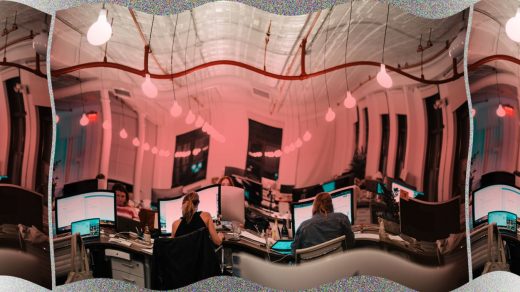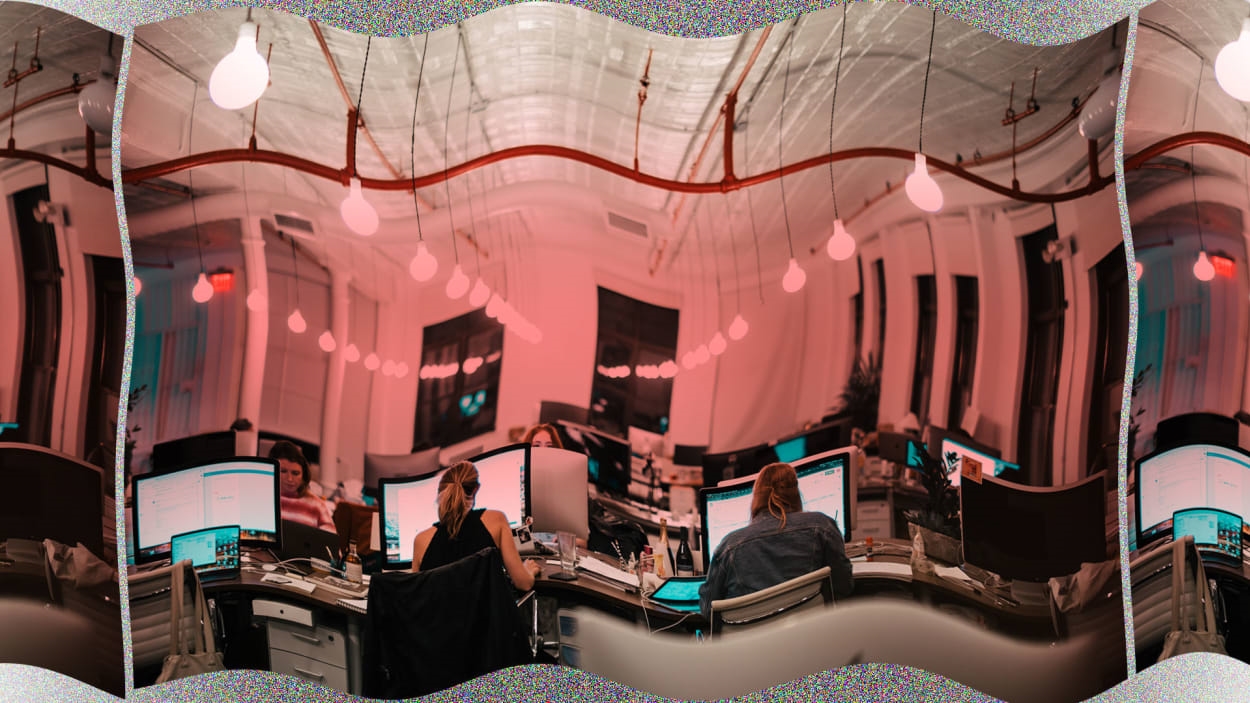How we can plan for the future when the present feels so uncertain
For many of us, our relationship to work feels different now than any other time in the last decade. It goes beyond the upheaval of adjusting to remote and then hybrid work. It’s more than just how or where we do our jobs.
It’s a shift is in how we think about why we work and what we want to get out of our jobs. For some this recalibration taken the form of disengaging with their current roles in the form of The Great Resignation or quiet quitting. For others, it’s about thinking more deeply about what makes work meaningful.
Whether it’s about redefining ambition, finding meaning, or creating a career that allows you to prioritize your life outside of work, all of these bigger picture issues can feel impossible to address when you feel in a state of constant crisis—which is, how the last two and a half years have felt. And while the pandemic disruptions to work may be for the most part in the rearview, we are now facing a recession and the possibility of layoffs.
So how, amid all of this, can we take the long view of our careers? How can we plan for the future when the present feels so uncertain?
On the latest episode of The New Way We Work, I spoke with Dorie Clark, speaker, Fast Company contributor, and author of several books, including The Long Game: How to Be a Long-Term Thinker in a Short-Term World, about practical ways to carve out time and space for big-picture thinking in our busy lives.
Allowing yourself to daydream
The good news, Clark says, is that strategic thinking doesn’t need to take up a lot of time. “You don’t need to spend 10 hours a week doing strategy work. That’s just not realistic. This is more about reframing the way that we think and finding small interstitial moments, rather than just committing ourselves to try to sit at a desk with a blank mind,” she says. It’s not about creating more time; it’s about creating more space, she adds. This is easier said than done, but Clark says that you can start by thinking about what you do for fun, or what you used to do for fun before you got paid. There, Clark says, are the seeds for what you can start planning for the long term.
How to make more space
The next step is how to create more white space to start to act on the things you want to do. For this, Clark’s solution is simple: Learn how to say no to more things. She advises becoming a “little bit merciless about challenging assumptions and pushing back on things.” An example of an easy way to do this is to change coffee meetings and phone calls to emails.
Testing out hypotheses
Once you have an idea of things that interest you and have created a little space on your calendar, Clark recommends testing out your ideas and seeing if its something you’d like to explore more deeply. Give yourself assignments, like reading books about people or an industry you are interested in. Set up informational interviews with people who have jobs related to what you might want to do. Clark says it’s a way test drive the many possibilities out there.
Listen to the episode for more on how to create more opportunities for connection and idea generation and how managers can (and should) encourage long-term thinking for their employees.
You can listen and subscribe to The New Way We Work on Apple Podcasts, Google Podcasts, Stitcher, Spotify, RadioPublic, or wherever you get your podcasts.
(52)



